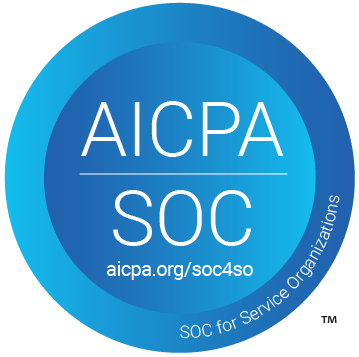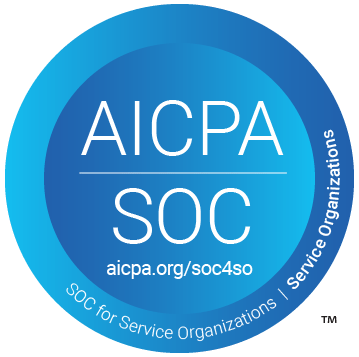Learn how to automate file delivery on WhatsApp after receiving payments in Stripe using Pabbly Connect. Step-by-step guide with detailed instructions. Navigate the automation landscape confidently with clear, structured guidance suitable for professionals regardless of prior technical experience.
Watch Step By Step Video Tutorial Below
1. Accessing Pabbly Connect for Integration
To start automating the delivery of files on WhatsApp after receiving payments in Stripe, first, access Pabbly Connect. Navigate to the Pabbly website and create your free account. This process is straightforward and allows you to utilize 100 free tasks per month to test your automation workflows.
Once you have created your account, log in to Pabbly Connect and click on the ‘Create Workflow’ button. You will be prompted to name your workflow. For this tutorial, you can name it ‘Deliver File on WhatsApp when Payment is Done in Stripe’. Click on the ‘Create’ button to proceed.
2. Setting Up Stripe Trigger in Pabbly Connect
In this section, we will configure the Stripe trigger in Pabbly Connect. After creating your workflow, you will see two boxes: one for the trigger and another for the action. Select Stripe as your trigger application and choose the event as ‘Charge New Charge’. This event will trigger the workflow whenever a new payment is received in Stripe.
Once you select the trigger event, Pabbly Connect will provide you with a webhook URL. Copy this URL and head over to your Stripe account. In Stripe, navigate to the Webhooks settings and click on ‘Add Endpoint’. Paste the copied URL, set the event to ‘Charge Succeeded’, and click on ‘Add Event’. This connects Stripe with Pabbly Connect successfully.
3. Testing the Stripe Integration
Now that the Stripe trigger is set up, it’s time to test whether Pabbly Connect is capturing the payment data correctly. Go back to your Stripe account and make a test payment using the provided test card details. Ensure you are in test mode while performing this action.
After completing the payment, return to Pabbly Connect. You should see that it is waiting for a webhook response. Once the payment is processed, Pabbly Connect will capture the payment details in JSON format. Verify that all required details, such as email and amount, are present in the captured data.
4. Configuring WhatsApp Action in Pabbly Connect
With Stripe successfully integrated, the next step is to set up WhatsApp as the action application in Pabbly Connect. Click on the action box, select WhatsApp Cloud API, and choose the event as ‘Send Template Message’. This allows you to send a pre-approved message template to your customers via WhatsApp.
Before proceeding, ensure you have created a WhatsApp template in your WhatsApp Cloud API account. You will need to provide the template name and relevant details such as the recipient’s phone number. To get the recipient’s number, you will use the customer ID captured from the Stripe payment data. This involves adding an action step to retrieve the customer details from Stripe.
5. Finalizing the Workflow and Sending Files
In the final step, configure the WhatsApp message template with the necessary details. Map the recipient’s phone number and include the file URL you want to deliver. Ensure the message body contains any variables that will personalize the message sent to each customer.
Once everything is set up, click on ‘Save and Send Test Request’. Check the WhatsApp of the customer who made the payment to confirm the file delivery. If everything is configured correctly, the customer will receive the message along with the file automatically, demonstrating the power of Pabbly Connect in automating this process.
Conclusion
In this tutorial, we explored how to use Pabbly Connect to automate file delivery on WhatsApp after receiving payments in Stripe. By following these steps, you can streamline your workflow and enhance customer experience.
Ensure you check out Pabbly Connect to create business automation workflows and reduce manual tasks. Pabbly Connect currently offer integration with 2,000+ applications.
- Check out Pabbly Connect – Automate your business workflows effortlessly!
- Sign Up Free – Start your journey with ease!
- 10,000+ Video Tutorials – Learn step by step!
- Join Pabbly Facebook Group – Connect with 21,000+ like minded people!






